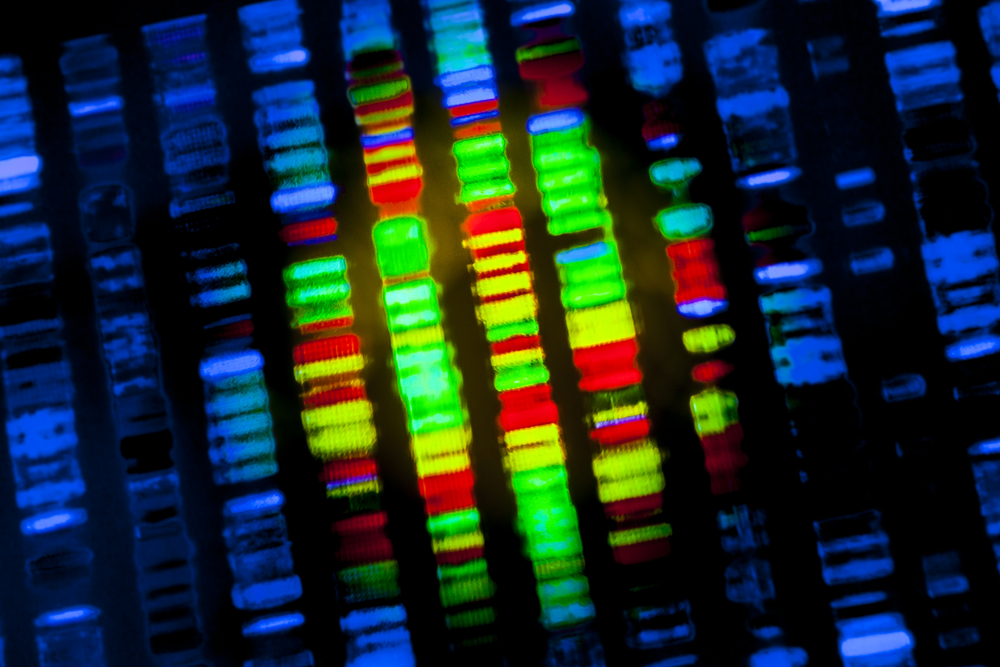 Georgetown Lombardi Comprehensive Cancer Center researchers recently published results of a study in the PlosOne journal, where they show an investigational agent can prevent tumor growth and metastasis in mice models of prostate cancer with a common chromosomal abnormality.
Georgetown Lombardi Comprehensive Cancer Center researchers recently published results of a study in the PlosOne journal, where they show an investigational agent can prevent tumor growth and metastasis in mice models of prostate cancer with a common chromosomal abnormality.
The drug, YK-4-279, is the first compound that can directly target a commonly found chromosomal translocation in 50% of prostate cancers, called an ETS fusion whereby two normal genes break from a chromosome and fuse together onto another location. This leads to the production of new genes, resulting in novel proteins that have a deleterious function and increase the aggressiveness of prostate cancer cells.
“Having a compound that works in mouse models brings us closer to early phase human clinical trials,” said the study’s lead investigator, Aykut Üren, MD, associate professor of molecular oncology at Georgetown Lombardi in a university news release. “However, we are only mid-way through that process. We need to establish the potential side effects and figure out the best way to administer this compound in a human clinical study.”
Dr. Üren and colleagues used mice with a compromised immune system and injected them with two different prostate cancer cell lines. “YK-4-279 was very effective against the mice with ETS fusion and was not effective against the mice without it,” added Dr. Üren. “That demonstrated to us the specificity with which the drug works, and gave us a good reason to expect a similar response in patients with ETS fusion-positive prostate cancer in future clinical trials.”
Additionally, the team observed that the animals could tolerate long-term treatment of 6 to 12 weeks with the agent, which was able to inhibit the proliferation of primary tumors along with their capacity to metastasize to the lungs.
YK-4-279 was developed as part of the GUMC Drug Discovery Program, which is directed by Milton Brown, MD, PhD, also a co-author on the paper. This experimental drug is also being studied for the treatment of a rare pediatric cancer, Ewing’s sarcoma.

